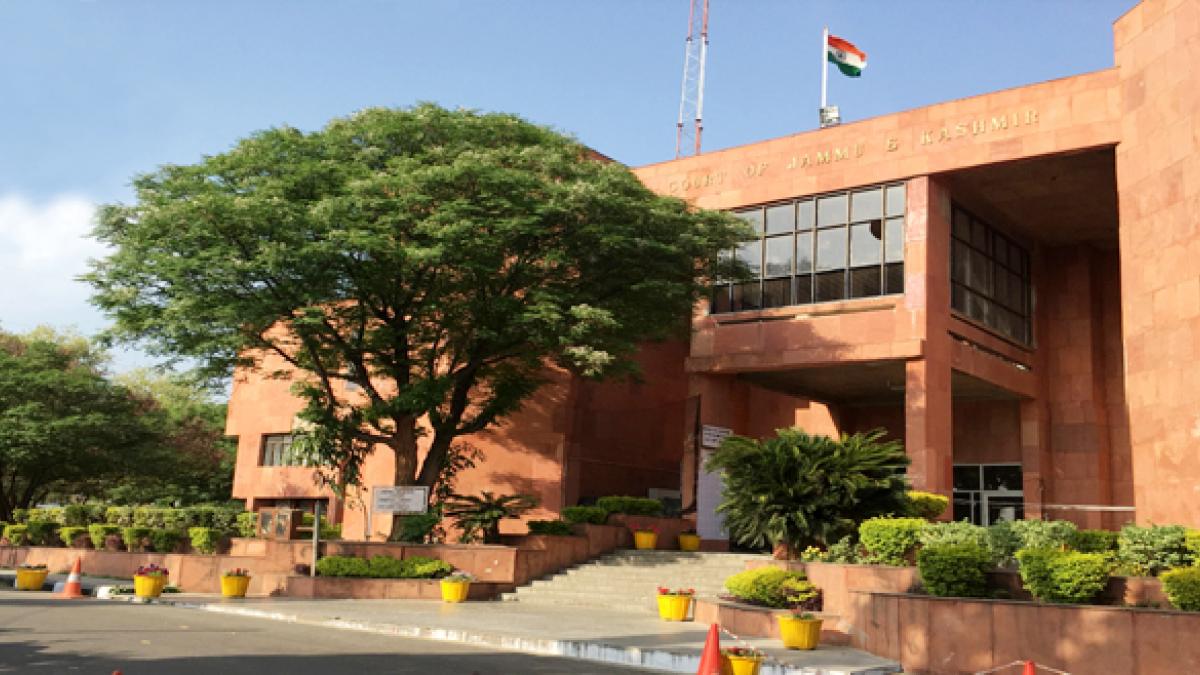Article 226(2) of the Indian Constitution grants power to High Courts over territories where they have jurisdiction. Hence courts do not entertain petitions concerning matters outside its territorial jurisdiction irrespective of how much merit the case has. This issue was covered in the judgement passed by Justice Sanjeev Kumar and Justice Iqbal Wani of the High Court of Jammu and Kashmir in the case of Manzoor Ahmad Rather v Union of India [WP(C) No. 1096/2020] on the 16th of June 2021.
The petitioner, Manzoor Rather was deployed as a Company Commander of BSF at Dantewada, Gujarat in 2012. In May 2015, he availed 13 days of earned leave to visit his home in Srinagar. During a medical check-up he was found to have severe symptoms of anxiety and depression for which he was treated in hospitals at Srinagar. Due to his medical condition he was forced to overstay his earned leave and had the same sanctioned. However upon returning to resume his duties, the petitioner was placed in low medical category on account of his depression. A year later in 2016, it was found that the petitioner no longer showed any symptoms of depression or anxiety and was therefore shifted back to high medical category. The petitioner claims to have performed all his tasks and works with complete sincerity, efficiency and devotion despite his medical condition and earned praise and satisfaction of his superiors.
However in his Annual Performance Appraisal Report (APAR) for that year he was described as “A young and smartly bearing officer who hardly performed any operational duty being LMC till 9th Dec 2016. He is casual, disinterested towards profession. The overall performance of officer was assessed as “Good” during the period under report.” The petitioner contends that the APAR was unjustly harsh towards despite him performing all duties even while being placed in low medical category. It was further contended that these adverse remarks were wholly based on trivial and minor incidents yet would have an adverse effect on his career. Hence the petitioner pleaded before the court to command for his APARs to be upgraded and for the adverse remarks to be expunged.
The court noted that irrespective of the merits of the case, the petitioner was not posted in Jammu and Kashmir for the relevant period of the APAR and so this court had no territorial jurisdiction over the matter. Justice Sanjeev Kumar can be quoted as saying “Though the learned counsel for the parties have strenuously agitated the case on merits yet I am afraid I cannot adjudicate the matter once having come to the conclusion that this Court lacks territorial jurisdiction to entertain the petition”. The judgement concluded that “In view of the aforesaid, this petition is dismissed for want of jurisdiction of this Court. It shall, however, remain open to the petitioner to work out his remedy before the appropriate Court having territorial jurisdiction in the matter”.


